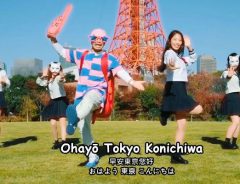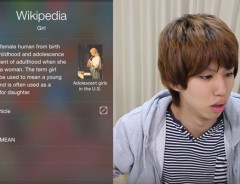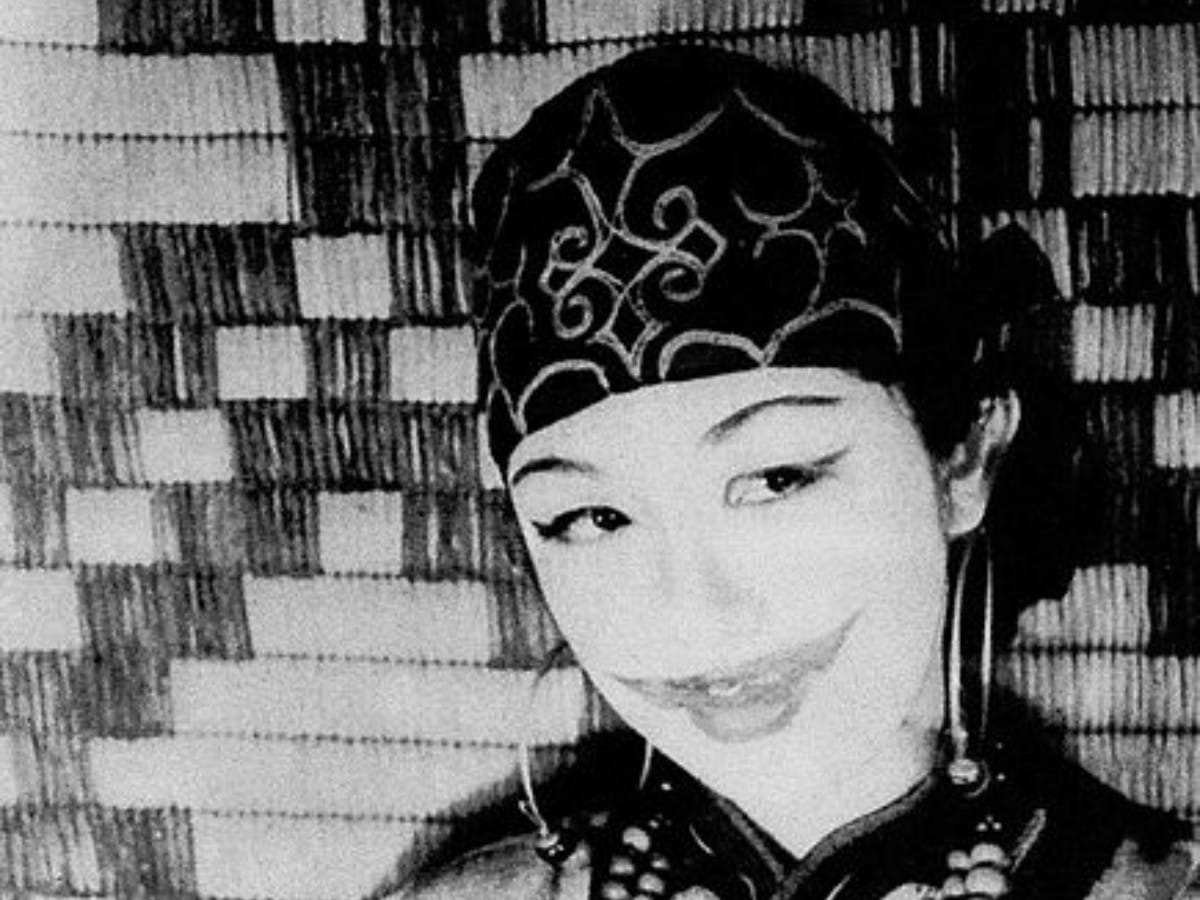- Tags:
- Ainu / Ainu culture / heritage / Language / Lesson
Related Article
-

Japanese Fans Aren’t Too Happy About A Reporter Asking Naomi Osaka To Answer In Japanese
-

“D for Dandy?” Japanese man confused by sign on Dutch bathroom door
-

The Japanese Taught At School Vs. Japanese Used By Japanese People
-

The Most Ridiculous Song For Learning Japanese English
-

A look at the Tokyo museum just for bizarre Japanese-to-English mistranslations
-

Japanese YouTuber Relies On Siri To Practice His English Pronunciation



Like other indigenous groups, the Ainu people of Hokkaido and the north-eastern Honshu island of Japan have experienced marginalization. After the Japanese government annexed their territory in 1890, the ethnic minority struggled to maintain their identity as their language and customs were effectively outlawed. Content producers like The Foundation for Ainu Culture and MINE are attempting to re-assert Ainu culture by cataloging traditional songs and documenting members’ experiences of self-discovery.
Nevertheless, there remain significant hurdles. For example, UNESCO reports as few as 15 living native speakers of the Ainu language remain as preservation initiatives were non-existent throughout most of the 20th century. Adding to the urgency, a majority of Ainu report experiencing discrimination despite living a typical Japanese lifestyle. Unfortunately, a recent bid to include a ceremonial dance performance by the minority group in the 2020/2021 Olympics was recently canned.
The Ainu Language
According to the YouTube channel Brief Histories, the Ainu people are descendants of the Jomon people, early settlers of the Japanese archipelago who likely migrated from Tibet. Later on, they were displaced by the Yayoi people, modern Japanese, who immigrated from China and Korea. As the Yayoi migrated, other ethnicities were forced towards Hokkaido and other northern territories .
In modern times, the Ainu language faces extinction. A language isolate with no known relatives, the language was largely an oral tradition. It is similar in word order to Japanese, following a subject, object, verb sentence structure. Owing to the lack of a written system, it is transcribed in Japanese katakana syllabary. Nevertheless, yukar songs, hero-sagas, have helped preserved the language.
To my ears, it is very distinct from Japanese, especially when compared to Korean which, I feel, sounds similar. Here is a primer course with some essential phrases and vocabulary:
Lesson 1
Like others, YouTuber しとちゃんねる, Shito Channel, is determined to help preserve the Ainu culture. She has published a series of videos documenting her culture and music. Not least of which is an extensive course on the Ainu language, aimed at beginners. With over 30 videos, interested viewers can begin conversing in no time with the right amount of motivation. We'll cover the basics here.
After opening with traditional Ainu insignia, host Maya and her friend Youpin get straight to it. They have started this channel to teach everyday conversation as well as spread their culture. Naturally, introductions are first.
After the lesson, Maya takes a moment to explain the importance of ancestors in Ainu culture as well as Ainu names. Her teacher gave her the name “ノト”, but you can call her Maya if you like. An interesting point of their culture is that Ainu people sometimes called young children by names like “small poo” or “stinky poo” in order to protect them. I guess no animal or spirit is interested in eating stinking poo.
Finally, teacher Maya challenges her students to use “irankarapte” before the next lesson.
Lesson 2
While lesson 1 was fun, we have only scratched the surface of the Ainu language. Posthaste, lets dive into the follow up instructions:
Youpin and Maya are back, and they have some more intro level phrases to teach. This time, they’re talking about age:
After their lesson, Maya takes a moment to explain a few salutations for saying goodbye. Moreover, she explains customs surrounding “tonoto,” a ceremonial alcoholic beverage. “Tonoto,” a mainstay of Ainu celebrations such as welcoming newborns, is a sweet alcohol that’s not too strong. It also appears to be a right of passage for coming-of-age commemorations.
Finally, Maya and Youpin exeunt discussing indigenous customs surrounding alcohol. Students must be sure to memorize Ainu numbers and age phrases in case they are carded at the next community festival.